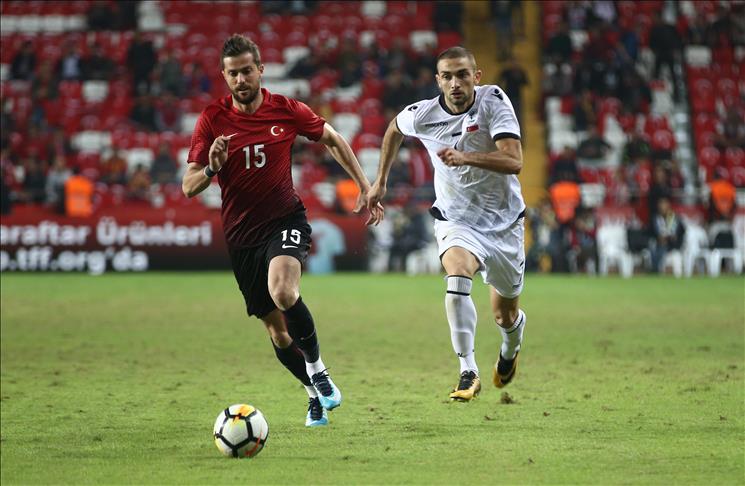Ex-prisoner reports: This is what Boris Becker’s everyday life in prison looks like

Boris Becker began his sentence on Friday and was taken to London’s Wandsworth prison. A place known for its toughness. Ex-prisoner Chris Atkins told t-online how the tennis star lives there.
Sex offenders, murderers, drug junkies – and right in the middle tennis legend Boris Becker. Since Friday afternoon, the former professional athlete has been in London’s Wandsworth Prison, one of the toughest prisons in Great Britain, for delaying bankruptcy. A dark Victorian stone building that hasn’t changed much since it opened in 1851.
“This place is pure horror. Everything about it is terrible,” reports Chris Atkins in an interview with t-online. The British author and filmmaker was convicted of tax fraud in 2016 and spent months there, where Boris Becker is now serving the start of his two-and-a-half-year sentence. He knows: The tennis star is currently going through the hardest time because he is locked in a confined space with the “most frightening figures”.
Hundreds of criminals are convicted in London every day, and a large number of them go straight to the country’s second largest prison: Wandsworth. “All newcomers are initially housed in the so-called admission wing, including mentally ill and drug rehabilitation inmates,” reports Atkins. “It’s the worst wing of the prison, noisy and full of violence.”
“If he’s lucky, he can go out for an hour a day”
Only after days of isolation are the prisoners divided into different areas. There is no celebrity status, not even for a Boris Becker. He has to share his cell, the assignment is random. The room made of “cement and dirt”, as Atkins says, covers almost six and a half square meters. Hardly any sunlight penetrates through the window slits. “You sleep on hard bunks with your head on the toilet bowl.”
Becker will spend the first few weeks behind closed doors almost around the clock. “If he’s lucky, he can go out into the yard for an hour a day to stretch his legs,” explains the British author. Otherwise, the three-time Wimbledon winner will not see much other than the same four walls.
Even the food is eaten in the cell. There are no fixed sleeping times or a wake-up call – “there’s nothing to do anyway”. The only “highlight”: At 11:30 a.m., every prisoner is allowed to pick up lunch, which Atkins says is an “inedible mush.” The breakfast for the next morning is handed out directly. A bag with some bread, milk, tea – “if you’re lucky, coffee too”. For dinner there is a defrosted sandwich.
The standard of hygiene is also borderline, “there is a shower every few days, with 150 men under three showers that protrude from the ceiling”. The prisoners can hardly pass the time. “Some cells have TVs, they run a few programs, like the news.” Sport is a big topic, there is even a gym, but there is such a shortage of staff in Wandsworth that there is simply no possibility of bringing the prisoners there and supervising them.
Little contact with family
Contact with his family is limited for Boris Becker. He is allowed to call selected numbers at certain times. Visits are only twice a month for one hour each. Photographs are one of the few personal items that prisoners are allowed to take with them. “Otherwise they give up everything – even their identity, they’re just a number.”
A Boris Becker doesn’t stand out. According to Atkins, guards and inmates alike know for sure who the tennis legend is, but there is so little interaction with each other that it doesn’t matter. “They don’t worry about Boris. As long as he doesn’t cause trouble, they leave him alone.”
Atkins is certain that the tennis star won’t be staying in Wandsworth for too long anyway. “It’s kind of a run-through prison. He’ll be classified as very low risk and after a few weeks he’ll be transferred to a lower security facility,” predicts the filmmaker. With good behavior, he sees him free again in less than half the time.
What does he advise Boris Becker until then? “Behave inconspicuously and let it take you.” Becker is a sports hero who has already proven on the pitch how tough he is. “It will change him, but not break him,” Atkins believes. “Right now he might be feeling sorry for himself, but after months in British prison he will realize how lucky he really is. He won’t perish like hundreds of his fellow prisoners in this dysfunctional system, but will be able to go back to his family, back to his life. And he’ll appreciate that,” the author believes.





